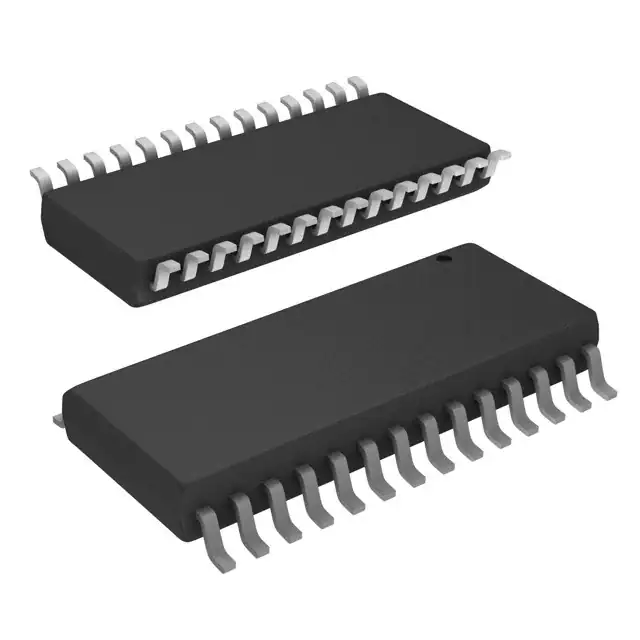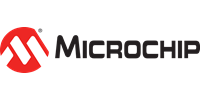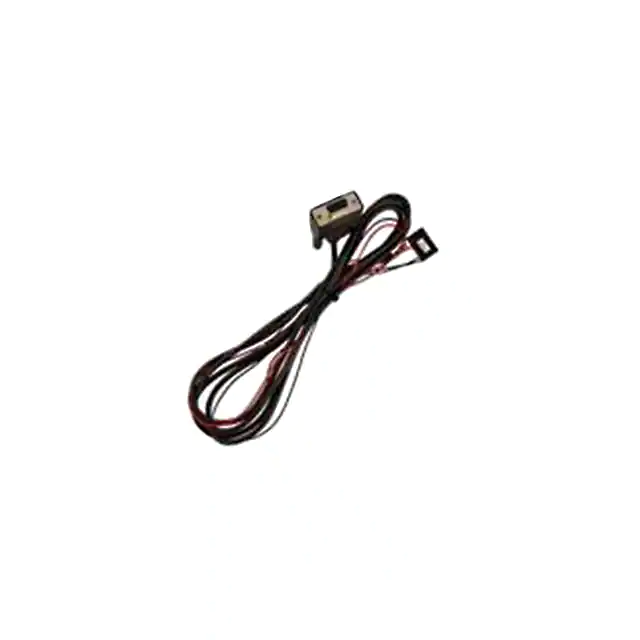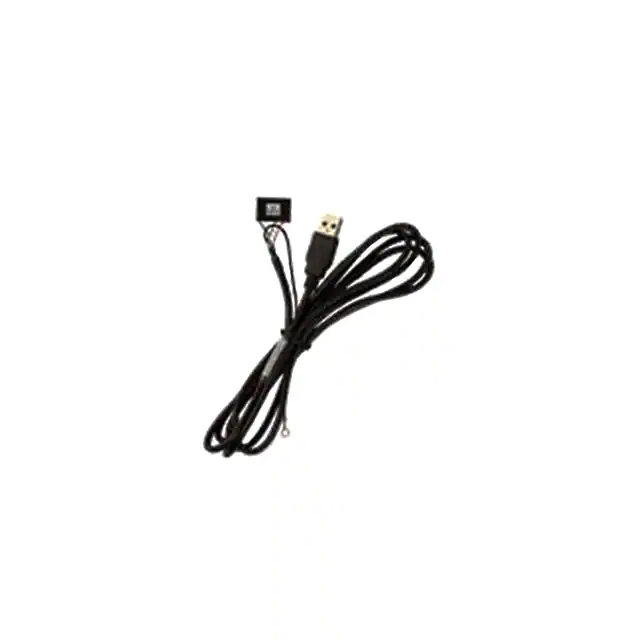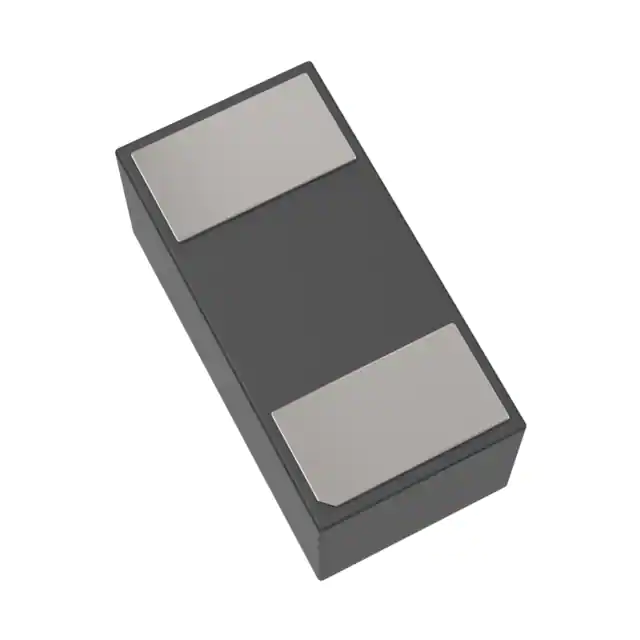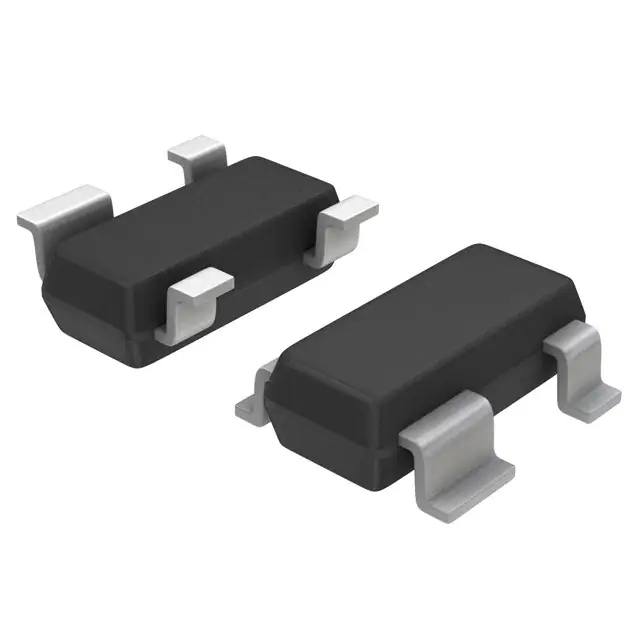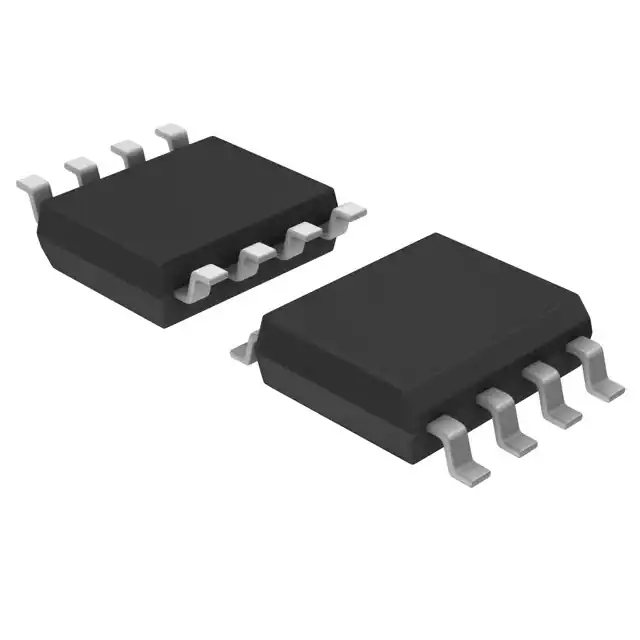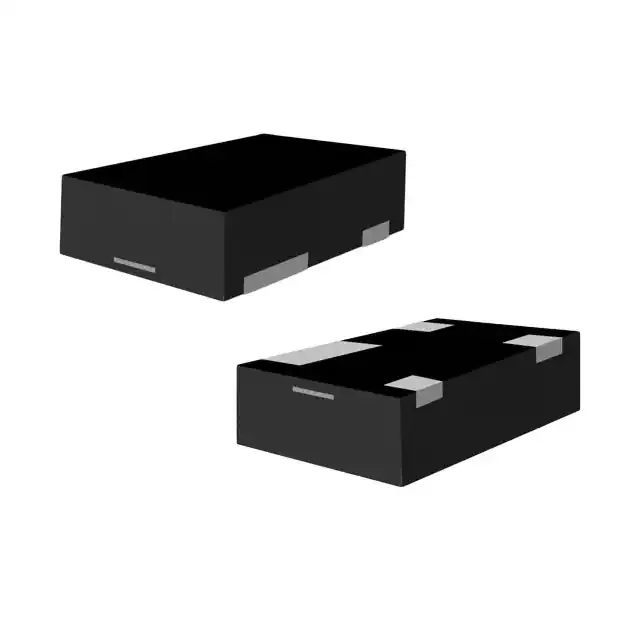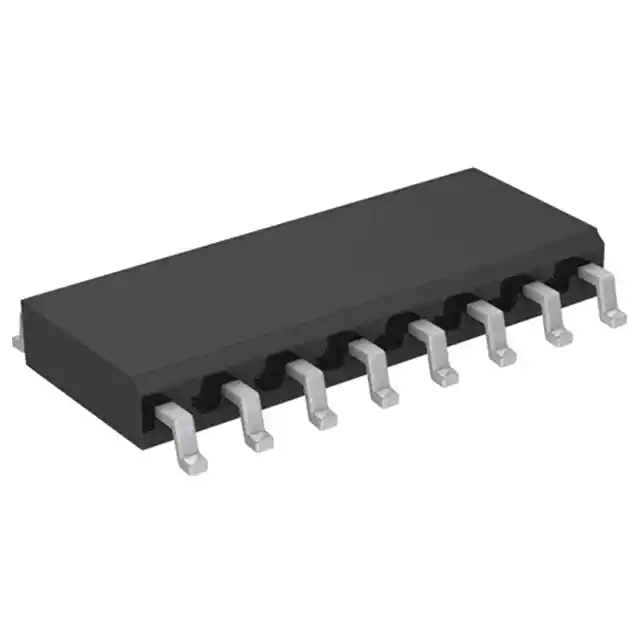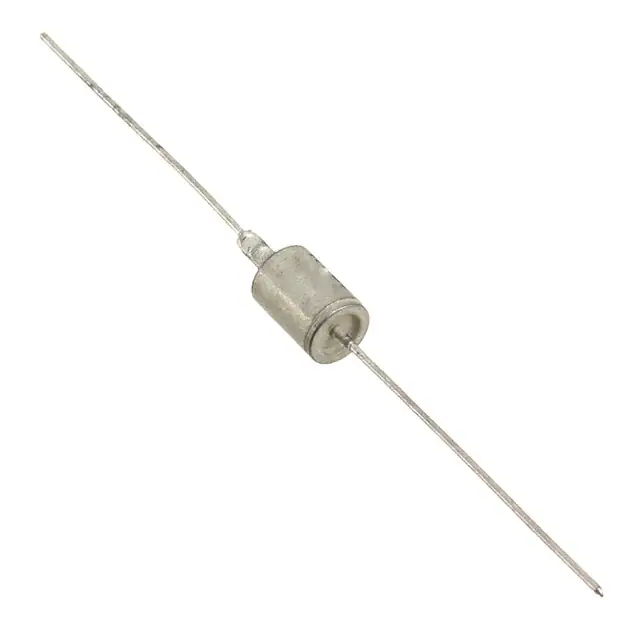The PIC24H 16-bit device family employs a powerful 16-bitarchitecture, ideal for applications that rely on high-speed, repetitivecomputations, as well as control. The devices are pin compatible with thedsPIC33F family of devices, and share a very high degree of compatibility withthe dsPIC30F family devices. This allows seamless migration options from/toPIC24F, dsPIC30F and dsPIC33F devices.
Feature
- Operating Conditions
- Up to 40 MIPS operation
- 3.0V to 3.6V, -40ºC to +150ºC, DC to 20 MIPS
- 3.0V to 3.6V, -40ºC to +125ºC, DC to 40 MIPS
- High-Efficiency PIC24H core
- Modified Harvard architecture
- C compiler optimized instruction set
- 16-bit wide data path, 24-bit wide instructions
- Single-cycle MUL plus hardware divide
- 16 x 16 multiply operations
- 32/16 and 16/16 divide operations
- Up to ±16-bit shifts for up to 40-bit data
- Clock Management
- 2% internal oscillator
- Programmable PLL and oscillator clock sources
- Fail-Safe Clock Monitor (FSCM)
- Independent Watchdog Timer
- Low-power management modes
- Fast wake-up and start-up
- Advanced Analog Features
- 10/12-bit ADC with 1.1Msps/500 Ksps conversion rate: - Up to 13 ADC input channels and four S&H
- Flexible/Independent trigger sources
- 150 ns Comparators: - Up to two Analog Comparator modules
- 4-bit DAC with two ranges for Analog Comparators
- Input/Output
- Software remappable pin functions
- 5V-tolerant pins
- Selectable open drain and internal pull-ups
- Up to 5 mA overvoltage clamp current/pin
- Multiple external interrupts
- System Peripherals
- Cyclic Redundancy Check (CRC) module
- Up to five 16-bit and up to two 32-bit Timers/ Counters
- Up to four Input Capture (IC) modules
- Up to four Output Compare (OC) modules
- Real-Time Clock and Calendar (RTCC) module
- Communication Interfaces
- Parallel Master Port (PMP)
- Two UART modules (10 Mbps) - Supports LIN 2.0 protocols - RS-232, RS-485, and IrDA® support
- Two 4-wire SPI modules (15 Mbps)
- Enhanced CAN (ECAN) module (1 Mbaud) with 2.0B support
- I2C module (100K, 400K and 1Mbaud) with SM Bus support
- Direct Memory Access (DMA)
- 8-channel hardware DMA with no CPU stalls or overhead
- Most peripherals support DMA
- Debugger Development Support
- In-circuit and in-application programming
- Two program breakpoints
- Trace and run-time watch

